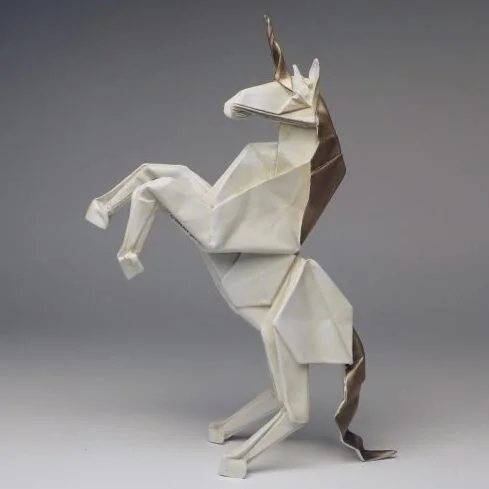Is understanding AI a bigger question than understanding the origin of the universe? - NEIL JOHNSON
/Professor of Physics · GWU · Head of the Dynamic Online Networks Lab
It gets back to this core question: Why AI comes out with what it does. That's the burning question. It's like it's bigger than the origin of the universe to me as a scientist, and here's the reason why. The origin of the universe, it happened. That's why we're here. It's almost like a historical question asking why it happened. The AI future is not a historical question. It's a now and future question.






